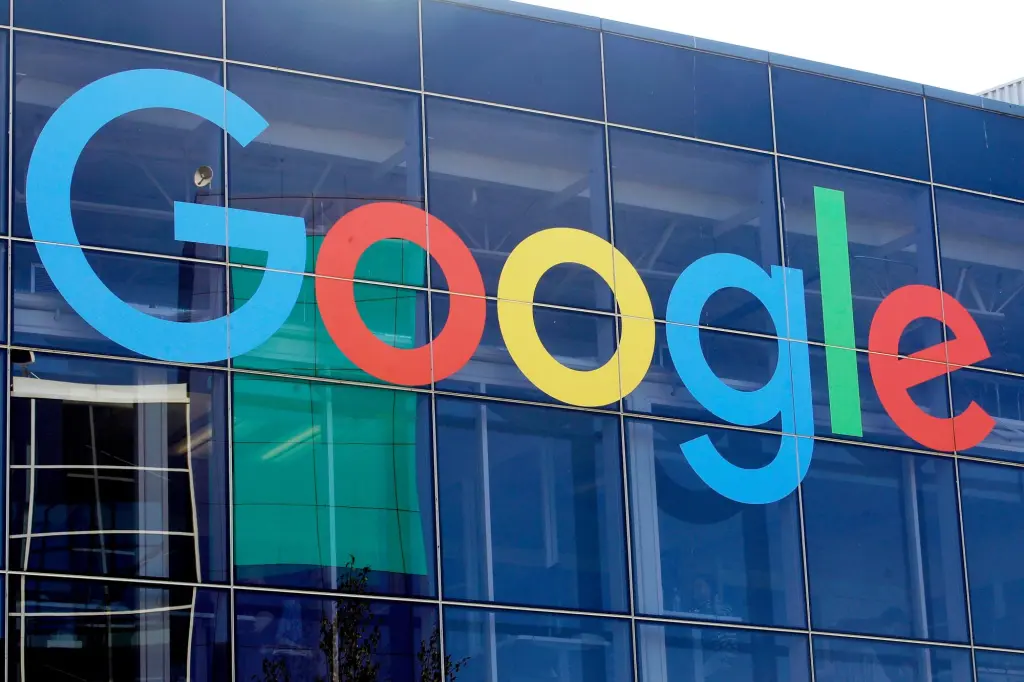Google Faces Another Antitrust Battle as U.S. Seeks to Break Up Its Advertising Business

After previously fending off a Justice Department case targeting its dominance in online search, Google is now facing a fresh legal challenge — this time focused on its digital advertising practices. A new trial that began Monday in federal court in Alexandria, Virginia, centers on Google’s ad tech operations, which a judge has already found to constitute an illegal monopoly. The court will now determine how to restore competition in this crucial sector.
U.S. District Judge Leonie Brinkema had previously ruled that Google’s digital advertising tools harm competition and disadvantage online publishers that rely on the company for ad revenue. Over the next two weeks, Google and the Justice Department will present evidence in a so-called “remedy” trial, which will shape how the court ultimately decides to address the antitrust violations.
“The goal is to restore healthy market competition,” said Julia Tarver Wood, representing the DOJ’s antitrust division, in her opening remarks. She accused Google of manipulating the market through opaque algorithms designed to suppress rivals.
In response, Google attorney Karen Dunn argued that the government’s proposed remedies are extreme and would effectively force Google out of the ad tech space. Google plans to appeal the monopoly ruling but cannot do so until the court issues its final remedy.
The lawsuit, filed in 2023 under President Biden’s administration, threatens to dismantle the advertising infrastructure that Google has built over 17 years — a system that generates most of the $305 billion in revenue for Alphabet’s services division and helps sustain countless websites.
If the DOJ prevails, Judge Brinkema could order Google to divest key parts of its ad tech business — a move Google’s legal team claims would harm consumers and disrupt the broader internet ecosystem. The DOJ maintains that a breakup is the most effective way to dismantle a monopoly that has long stifled competition and innovation.
Google insists it has already made significant reforms to its Ad Manager platform, including new features and pricing options, which should address the court’s concerns.
This case mirrors Google’s recent antitrust trial over its search engine monopoly, where another federal judge, Amit Mehta, ultimately opted for a less aggressive remedy earlier this month, despite the DOJ’s calls for major changes like forcing Google to sell its Chrome browser. That ruling was seen as lenient and helped boost Alphabet’s stock value, pushing its market cap past $3 trillion — up over $1 trillion since Brinkema’s initial ruling in April.
Judge Brinkema has asked both sides in the ad tech trial to consider how Judge Mehta’s decision in the search case might influence this one.
Like in the search case, Google is pointing to emerging AI-driven competition — particularly from companies like Meta — as evidence that the digital ad landscape is rapidly evolving, making drastic government action unnecessary. Google argues the DOJ’s proposed breakup is an outdated response to a market that has already shifted.Loose Python Spotted in South Bay Neighborhood Sparks Concern

